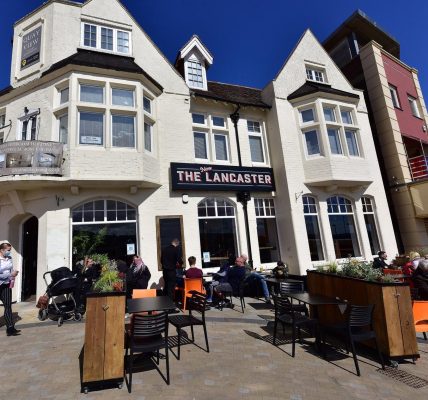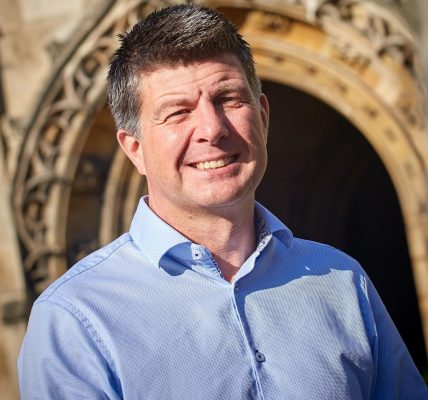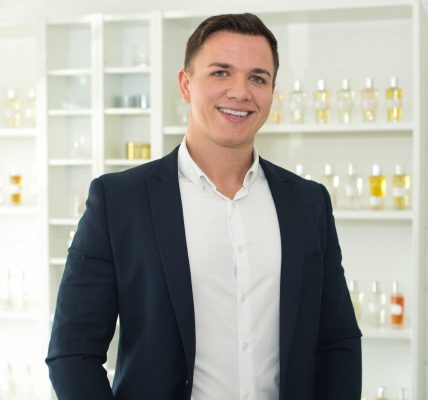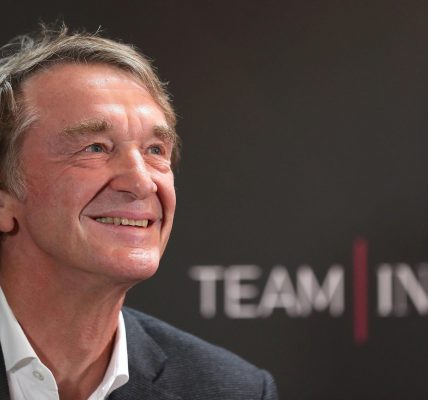Labour's Shadow Secretary of State for Employment Rights and Protections Andy McDonald says allowing working people to have their rights abused is 'economically illiterate'
Labour's Shadow Secretary of State for Employment Rights and Protections Andy McDonald says allowing working people to have their rights abused is 'economically illiterate'
Middlesbrough MP Andy McDonald tells Rob Parsons about his work as a lawyer, ‘scourge’ of lower pay and why his shadow ministerial role is the ‘perfect post’.
Prior to entering politics, the legal career of Labour MP Andy McDonald focused on health and safety at work, often representing members of the Armed Forces who had suffered brain or spinal cord injuries serving their country.
“That was a real privilege,” he says, describing his career path to leading Thompsons Solicitors Serious Injury Unit for US and other areas of the North. “It was an eye opener to get into their world and try to help them in circumstances where they were often in very great difficulties having felt rather abandoned in their plight.”
Read More
Bradford-born Gloria de Piero on her new role at GB News: 'We'll reflect British…
Before becoming an MP, other legal postings included a spell as special adviser to the Commons Defence Select Committee for its 2003 report on Armed Forces Pensions and Compensation.
So it’s easy to see why the former Leeds Polytechnic student describes his new Shadow Cabinet role for Labour under Sir Keir Starmer as the continuation of a “virtuous circle”.
As Shadow Secretary of State for Employment Rights and Protections, the Middlesbrough MP succeeded his York Central counterpart Rachael Maskell in a role which he says is “principally around the redressing of the balance in the workplace”.
“The plight of working people has always been the burr under my saddle,” he tells The Fond News’s podcast, Pod’s Own Country.
“And it’s come full circle, and I’m now hopefully in a position to formulate policy to address some of those deficits. Because it’s shifted so significantly that we need to look at the power of working people themselves, whether the laws and protections are fit for purpose.
“And what was started under [predecessor Laura Pidcock] was a complete revision of where we should be, basically mirroring what happens in other jurisdictions in the United States, in Spain, right across the developed world, where there are ministries of labour responsible for making sure that we’ve got a proper regime to protect working people, and the ability to enforce it.
“So it’s been a perfect post for me, given my migration through my legal career, which pivoted around health and safety at work, given the work that I did, but it was engagement with trade unions and knowing the good that they can do for working people.” The employment environment is one of the many areas where, he says, the last 16 months of the pandemic has exposed and exacerbated existing weaknesses.
He cites the growth of the so-called ‘gig economy’, in which temporary positions are common and organisations hire independent workers for short-term commitments, forcing people to battle to secure the most basic of workers’ rights.
And he says the increasingly common practice of fire and rehire, where firms terminate employees’ contracts and rehire them on new terms and conditions, has “infected every sector of our economy”.
“So lower pay, longer hours, and it’s a scourge at the moment,” he says. “But it just demonstrates and reveals the imbalance in the workplace, the inability of working people to have power and a stake in their own future.
“We’re trying to redress that so that we’ve got a better social partnership between government, between unions and companies to make sure that people are genuinely uplifted.
“The ability for people to abuse working people is just morally indefensible, and of course, economically illiterate.
“If we’re going to build back better we don’t do it by making working people poorer and more insecure in their work.”
Mr McDonald, who was elected as MP in Middlesbrough in 2012 and served as Shadow Transport Secretary under Jeremy Corbyn, says the need for companies to have flexibility can mean “great insecurity for other people”.
“And this isn’t about a battle, it’s about a collaboration and a cooperation between business and trade unions,” he says.
“Trade unions are adept at adapting to change, if they’re given sufficient notice and consulted early enough, they can work together.
“I’ll give you the example of Ryanair. They have faced an economic crisis as has every other airline during this pandemic, but they had the wit to sit down with their staff very early, engage with the trade unions, and negotiate a settlement that would sustain the business.
“People would have to take a step back temporarily, once fortunes were restored, they could then revert to decent terms and conditions.
“Now that gives you an illustration of modern trade unions, with the focus on the success and the long term sustainability of the very company that they work from.”
He speaks with excitement about the possibilities of the green agenda for jobs in the North, with the Tees Valley producing more than half of the UK’s commercially available hydrogen and Leeds aiming to becoming the first city in Europe to become dependent upon hydrogen as opposed to natural gas.
But he says: “The important thing is that when we invest in these technologies, it’s got to be for the benefit of those working people.
“It cannot be that they are just left to pick up whatever the financial rewards are that are on offer. They’ve got to have a say in this.
“Otherwise, we don’t get the benefits rippling out into our wider economy,” he added.
While doing his law degree at Leeds Polytechnic, Mr McDonald had “the most ridiculous fun” playing in a spoof punk band, Nasty Media, with Fond News journalist Paul Vallely.
The band had some success, earning a contract with Lightning Records and getting their songs played by Radio 1 legend John Peel.
“We gigged around the US area with our fake ear piercings, they’re all clip ons by the way. It was quite ridiculous.
“We gigged with [poet and rock star] John Cooper Clarke and other people. We were rumbled eventually, we weren’t the real thing, we weren’t authentic, especially when we took our clip-on earrings out and all the rest of it. But it was great fun. It was the most ridiculous fun.”










